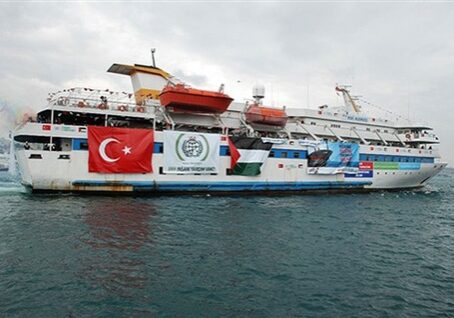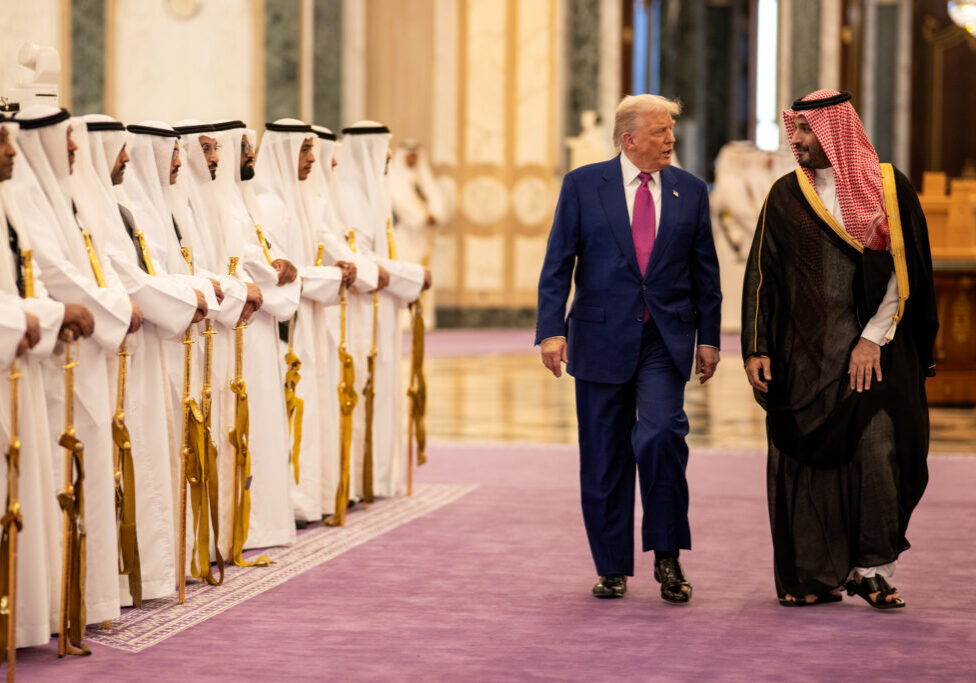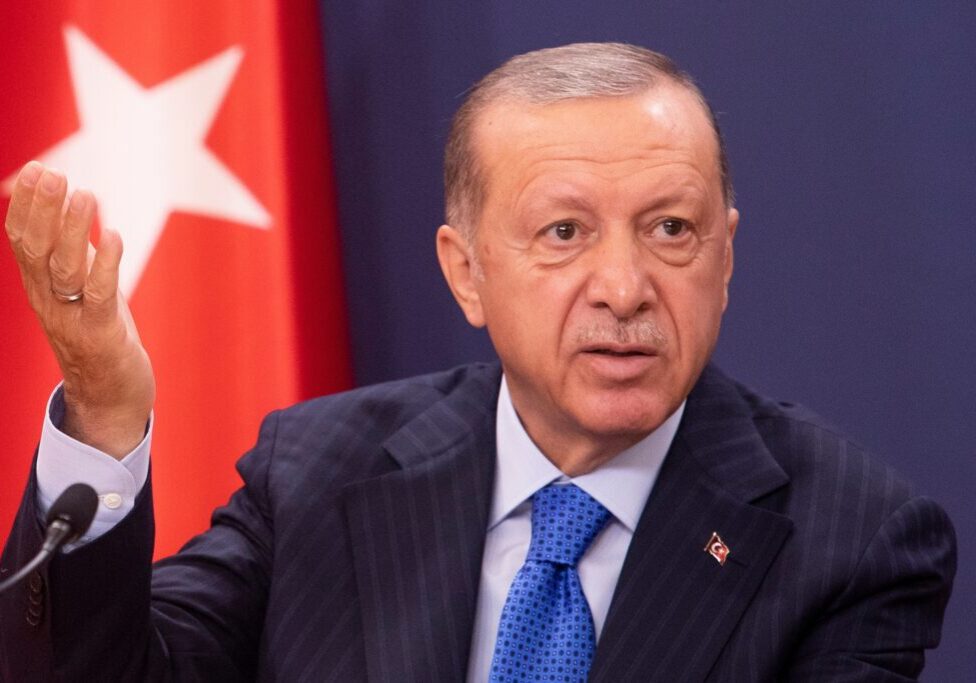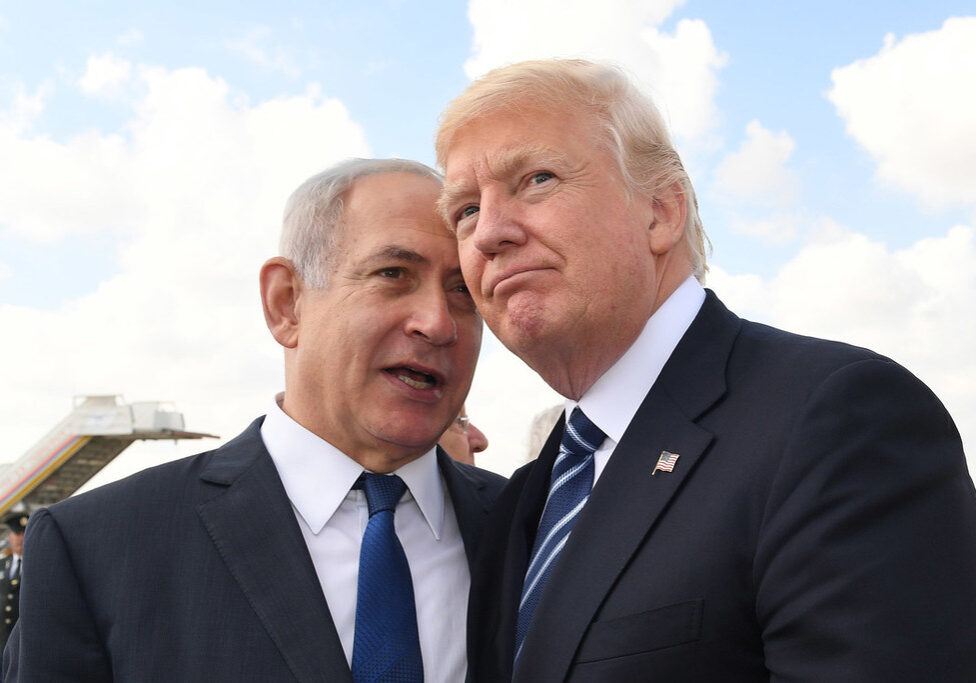Australia/Israel Review
Khashoggi and the fate of Turkey’s journalists
Nov 8, 2018 | Armin Rosen

At some point, powerful figures in the Saudi regime decided the kingdom could get away with disappearing the government adviser-turned-dissident Washington Post columnist Jamal Khashoggi, inside its Istanbul consulate. Riyadh believes that trifles like geography, legal jurisdiction and the vagaries of international diplomacy shouldn’t constrain its ability to control or even murder its citizens, whoever and wherever they may be. Saudi Arabia is hardly alone in reaching this conclusion, which various other autocratic governments have also endorsed in recent years – including the one on whose territory Khashoggi’s possible death and dismemberment took place.
On Oct. 16, an Istanbul court announced its intention to file an Interpol red notice against Ilhan Tanir, the Washington-based editor for Ahval News’ English-language edition. Tanir has been a longstanding presence in the US capital’s foreign policy press corps, and was the Turkish newspaper Cumhuriyet daily’s Washington correspondent from 2015 through 2016. His life changed in 2016 when rogue military officers attempted to overthrow Turkey’s increasingly dictator-like President, Recep Tayyip Erdogan. “After the coup it is just a different country,” Tanir told me. “Anything you do the day before July 14th could be construed as a crime on July 16th.”
Tanir’s former employer Cumhuriyet is a traditionally secularist paper established by the founder of the modern Turkish state, Mustafa Kemal Ataturk, in 1924. He was working for the paper in Washington in March 2017 when he and 16 other colleagues were charged with terrorism and espionage, as part of a broader post-coup crackdown in which over 77,000 people were arrested and 200 media organisations forcibly shuttered. This week’s red notice request resulted from Tanir’s failure to show up for a scheduled hearing – understandable since he will almost certainly be arrested if he ever attempts to return to Turkey.
Thirteen Cumhuriyet staffers were convicted of various charges earlier this year, and the paper’s former Chairman was sentenced to seven years in prison.
A red notice is like an international arrest warrant informing Interpol countries that an individual is wanted in one of the group’s 192 member states. As Tanir explained, the red notice request will likely limit his ability to travel. “I will definitely not go to countries friendly to Turkey,” he said, mentioning European Union members in the Balkans, as well as other Erdogan allies in the Gulf or in East Asia. Even the possibility of a red notice “would make me think twice to even go to the EU,” he added.
This isn’t paranoia on Tanir’s part. Last year, Enes Kanter, the starting centre for the New York Knicks basketball team and an outspoken Erdogan critic, was detained in Romania, which is an EU member state, after the Turkish government cancelled his passport. A number of figures far more obscure than Kanter, like the German-Turkish anti-Erdogan writer Dogan Akhanli and a half-dozen teachers from a Kosovo school linked to the Erdogan antagonist and US-based cleric Fethullah Gulen, have also been detained abroad or deported back to Turkey on politically motivated charges brought by Erdogan’s government. In April, the New York Times reported that Turkish agents had detained 80 people in 18 countries.
Turkey can’t issue a red notice on its own and Interpol can refuse a red notice request if it believes the system is being abused. Still, Tanir’s case shows how easy it is for an oppressive government to turn one of its citizens into an international fugitive. As Tanir explained, the 18-page indictment against him highlighted 30 tweets out of the over 75,000 he’s written as proof that he supported Gulen and Kurdish terrorist groups. An interview with a Kurdish news agency – an organisation which, Tanir noted, senior US diplomat Brett McGurk had also spoken to – supposedly showed he was a propagandist for terrorist groups. In the Turkish Government’s view, Tanir’s real crime was employment at Cumhuriyet, a bastion of secularism that Erdogan views as implacably opposed to his Islamist-inspired program for the country.
In an autocratic system, the evidence exists to convict nearly anyone of anything. Tanir’s is one of many cases showing that dictators don’t care if their targets are actually beyond their reach – after all, a dictator’s opponents could always make a mistake and wander into the wrong country or the wrong building somewhere down the line.
“It is why so many people are silenced right now,” Tanir says, speaking of the red notice order and other intimidation methods that the Turkish Government uses. “Even outside of the country a lot of people just have chosen silence.” Exiled journalists are being driven out of working in media, and Tanir worries that there could be more journalists leaving the profession. “The people who quit or [are] fired or left the country are making very little money – they drive taxis or they don’t even have a work permit in Europe or here.”
Tanir says that even in Washington the red notice could make it riskier for him to attend public events or take meetings – there is a sizable pro-Erdogan faction in the nation’s capital, which he says includes journalists for outlets that are connected to the government. Since his indictment two years ago, Tanir has tried to keep a lower profile. “I’ve been quieter, let me put it that way,” he said.
There is no immediate danger of Tanir being deported to Turkey. He still has a job in journalism and lives in relative safety in the United States. The world might still be getting less safe for people like him. Jamal Khashoggi’s death is a reminder of just how far dictatorships think they can go in silencing their perceived critics, and his example is likely to weigh on dissidents far beyond Saudi Arabia. “This episode is another development that just makes things harder, and just forces critical journalists to decide whether it’s worth it or not,” Tanir says.
So far, the Khashoggi disappearance has been a boon for Erdogan. The crisis has allowed Turkey, a country that’s currently the world’s largest jailer of journalists, to position itself as a champion of press freedom. Erdogan’s various allies in the Turkish media and intelligence services have been slowly leaking uncorroborated and sickeningly grisly details of what allegedly happened to Khashoggi after he entered the Istanbul consulate, casting a sinister cloud over one of Ankara’s rivals.
Saudi Arabia brought that cloud upon itself, of course – the regime believed it could kidnap and execute a leading dissident on Turkish territory and then ordered an operation that was immediately detected and very publicly botched. But Erdogan is also engaged in a global crackdown against his critics, one that hasn’t abated since Khashoggi disappeared two weeks ago. It’s entirely possible that the Turkish President will extract the most cynical possible lesson from the Khashoggi affair: That it’s fine to persecute your foreign-based critics, as long as you stop short of killing them in the most obvious way possible.
Armin Rosen is a New York-based writer. He has written for the Atlantic, City Journal and World Affairs Journal, and was recently a senior reporter for Business Insider. This article is reprinted from Tablet Magazine, at tabletmag.com, the online magazine of Jewish news, ideas, and culture. © Tablet Magazine, reprinted by permission, all rights reserved.
Tags: Saudi Arabia, Turkey






